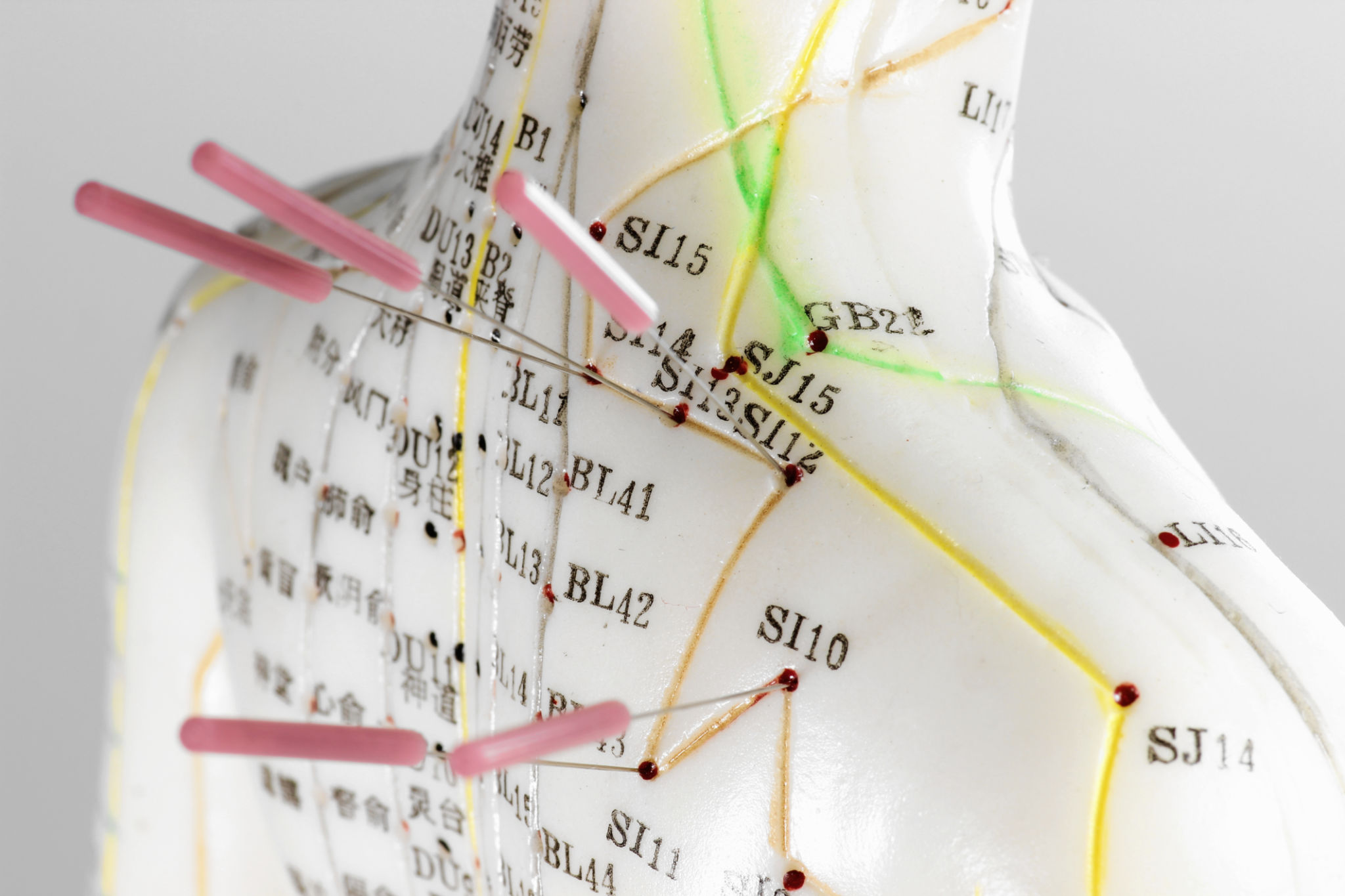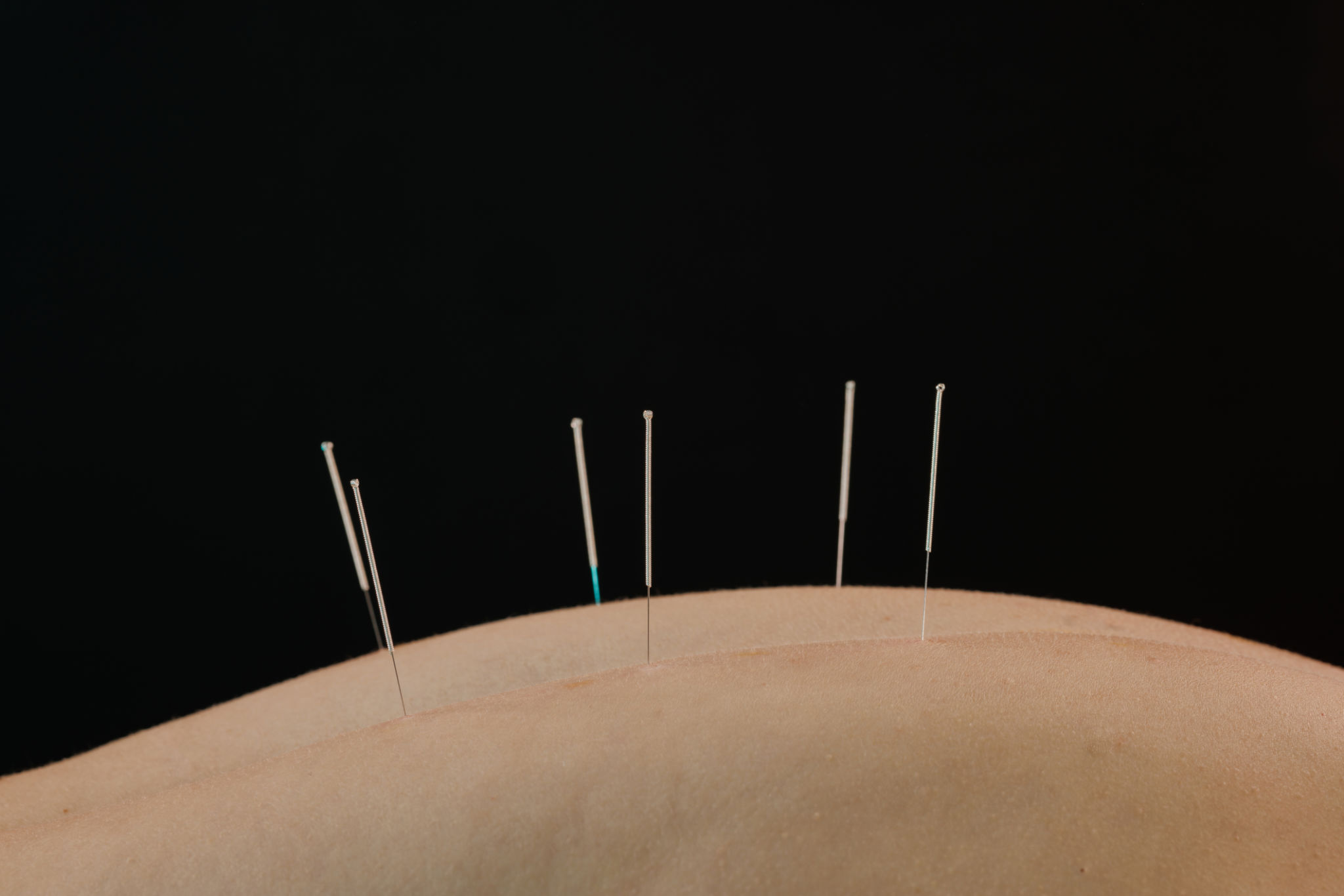Acupuncture vs. Western Medicine: A Comparative Guide for Hannover Residents
Understanding Acupuncture
Acupuncture is a traditional Chinese medicine practice that involves inserting thin needles into specific points on the body to balance the body's energy flow, known as "Qi." It has been used for thousands of years to treat various ailments and promote overall wellness. In recent years, acupuncture has gained popularity in the West as an alternative or complementary treatment option.

One of the key benefits of acupuncture is its holistic approach to health. It addresses the root cause of an ailment rather than just the symptoms. This method can be particularly appealing to those seeking a more natural approach to healthcare. Acupuncture is often used to manage pain, reduce stress, and enhance emotional well-being.
Exploring Western Medicine
Western medicine, also known as conventional or allopathic medicine, is based on scientific research and evidence. It primarily focuses on diagnosing and treating diseases through medication, surgery, and other medical procedures. Western medicine has made significant advancements in treating acute and life-threatening conditions.

For many Hannover residents, Western medicine is the first line of defense against illness. It offers precise diagnostics and treatments, backed by extensive clinical trials and scientific data. While it is highly effective for acute conditions, some chronic issues may require ongoing medication or interventions.
Comparing the Approaches
While both acupuncture and Western medicine have their merits, they differ significantly in their approaches to treatment. Understanding these differences can help Hannover residents make informed decisions about their healthcare options.
- Holistic vs. Targeted: Acupuncture takes a holistic approach, addressing the body as a whole, while Western medicine targets specific symptoms or diseases.
- Natural vs. Pharmaceutical: Acupuncture uses natural methods to stimulate healing, whereas Western medicine often relies on pharmaceuticals and surgical interventions.
- Preventive vs. Reactive: Acupuncture emphasizes preventing illness by maintaining balance in the body's energy, while Western medicine tends to be more reactive, treating conditions as they arise.
Integrating Both Approaches
Many Hannover residents are now exploring an integrated approach to healthcare by combining both acupuncture and Western medicine. This combination can offer the best of both worlds, providing comprehensive care that addresses both immediate and long-term health needs.

For instance, acupuncture can be used alongside conventional treatments to manage chronic pain or reduce side effects of medications. By working with healthcare providers from both disciplines, patients can create a tailored plan that meets their unique needs.
Making Informed Decisions
When deciding between acupuncture and Western medicine, it's crucial for Hannover residents to consider their personal health goals, preferences, and conditions. Consulting with healthcare professionals from both fields can provide valuable insights into the most effective treatment options.
Ultimately, the choice between acupuncture and Western medicine doesn't have to be an either/or decision. By understanding the strengths and limitations of each approach, residents can make informed choices that prioritize their health and well-being.
Conclusion
Both acupuncture and Western medicine offer valuable perspectives on health and healing. By exploring these options, Hannover residents can find a balanced approach that supports their journey towards optimal health.
